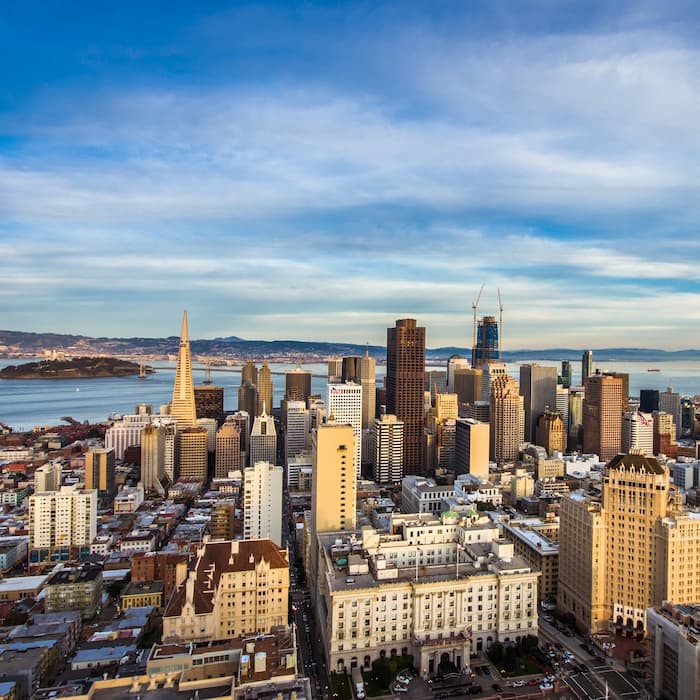Surveys
San Francisco Top In Schroders 2024 Global Cities Index

London-headquartered asset manager Schroders this week released its 2024 Global Cities Index.
San Francisco has ranked first in Schroders annual Global Cities Index for the second year running, buoyed by the strength of the tech sector, after a year of advances in artificial intelligence (AI). This is despite reported challenges such as homelessness, drug abuse and crime, according to Schroders 2024 Global Cities Index.
The Index, which ranks the performance of cities across four key criteria - economic, environmental, innovation and transportation - aims to identify those which combine economic dynamism with high-quality educational institutions, transformational environmental policies and excellent transport infrastructure.
The fact that the Californian city has retained its top position shows how qualities such as promixity to the Silicon Valley technology industry, climate, range of amenities, universities and cluster of expertise can still outweigh well-chronicled social problems.
London had previously fallen from first to third place in the 2023 Index, the firm said in a statement. This year it has risen to second place, sitting behind San Francisco due to slower household income growth. San Franscisco also maintained its dominant startup and venture capital ecosystem, spurred by a new wave of AI investment.
Hong Kong came in fourth place, followed by Boston, Seattle, New York and Melbourne. Singapore was in ninth place, followed by Paris, Los Angeles, Toronto, Stockholm and Houston.
Manchester was the other UK city to rank in the top 30, supported by its relatively high environmental score due to its naturally cooler climate and low exposure to natural hazards, alongside strong net zero policies with specified emission reduction targets, the firm added.
“This year’s clear winners are the larger US cities such as Houston and Dallas, which have benefited from a re-appraisal of the transport score used in the rankings,” Hugo Machin, portfolio manager at Schroders Global Cities, said. “This year, the index places less weight on walk time and more on overall transport time as we believe cities should take a holistic approach to organizing urban transport.”
"Moreover, whilst it will hardly be a revelation to many, data continues to indicate that wealthy citizens are continuing to move to locations that have low crime rates and tax thresholds. This is why Austin, Miami and Charlotte have grown strongly in recent years with Austin now home to more Fortune 500 companies than any other location in the US," he added.
Risers and fallers
Sitting in the heart of the Greater Bay Area, Shenzhen remains
the top-ranked Chinese city, as it remains at the forefront of
the consumer electronics industry. This is despite much tougher
economic conditions in China given the slump in real estate and
the insolvency of some large-scale developers. It was, however, a
difficult year for Chinese cities overall, with both Beijing
and Hangzhou dropping out of the top 30.
In the US, Texan cities had a strong year. Houston rose over 40 places from 61st to 14th, Dallas rose from 58th to 20th, and Austin from 45th to 34th. Migration to the Sunbelt has been going on for some time, but it increased significantly during the coronavirus pandemic years, the firm said.
Furthermore, the enduring popularity of Texas, Florida and the Carolinas has been driven by an attractive combination of low personal tax regimes, good weather, and strong job creation, the firm added. San Francisco also had a strong year. Despite widely reported social problems encompassing homelessness and addiction, the city retained top spot.